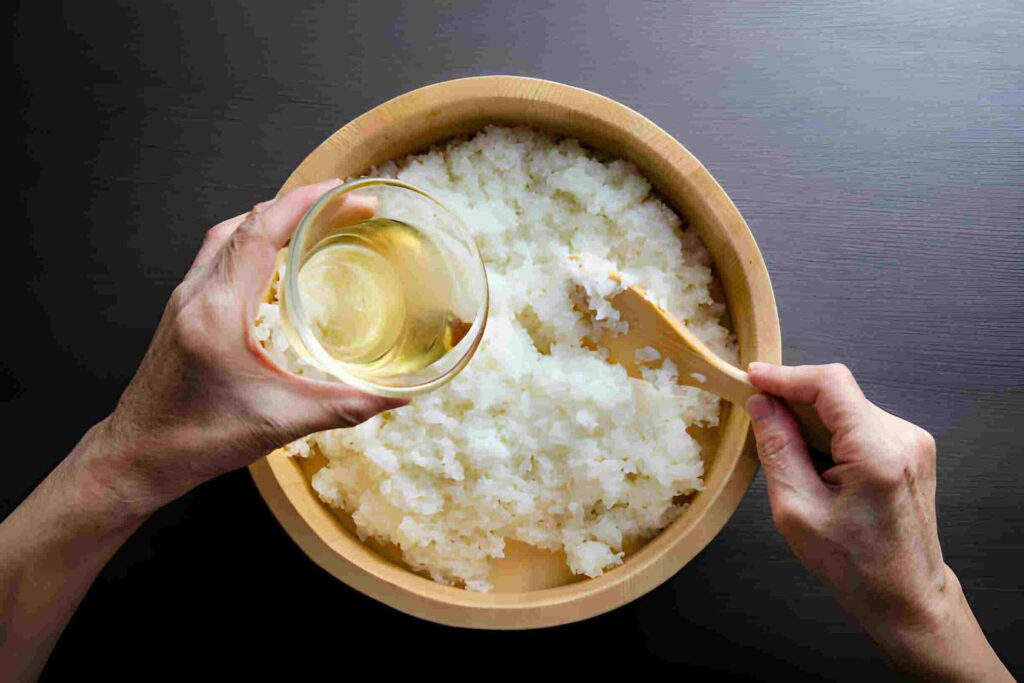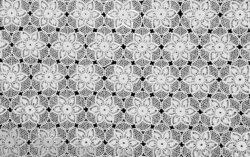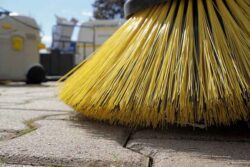
Ensuring clean clothes is a daily necessity, but the impact of conventional laundry detergents on the environment has raised concerns. Many detergents contain harsh chemicals that can harm aquatic life and contribute to pollution. The solution? Eco-friendly laundry detergents. In this comprehensive guide, we will delve into the world of sustainable laundry solutions, exploring why they matter, how to identify them, and the benefits they offer for both your clothes and the planet.
See also our post on The Art of Green Cleaning: A Comprehensive Guide to Eco-Friendly Products
Understanding Eco-Friendly Laundry Detergents
What Makes Them Eco-Friendly?
Eco-friendly laundry detergents are formulated with biodegradable ingredients that break down naturally without harming the environment. These detergents often avoid harsh chemicals like phosphates, chlorine, and synthetic fragrances. Instead, they harness the power of plant-based and naturally derived components.
Biodegradability Matters
One key characteristic of eco-friendly detergents is their ability to biodegrade swiftly. This means they break down into harmless substances, reducing the risk of water pollution. Biodegradable detergents contribute to a healthier ecosystem, especially in regions where wastewater enters natural water bodies.
Packaging Considerations
Choosing eco-friendly goes beyond the detergent itself; it extends to packaging. Look for products in recyclable or compostable packaging to minimize the environmental impact. Some brands even offer refill stations, reducing the need for new containers altogether.
Cruelty-Free Testing
Eco-friendly detergents often adopt a cruelty-free approach, meaning they avoid animal testing. These brands prioritize ethical practices, ensuring that their products are not tested on animals, aligning with a compassionate and sustainable ethos.
Transparency in Ingredients
A hallmark of eco-friendly detergents is transparency. Manufacturers that prioritize sustainability disclose their ingredients, allowing consumers to make informed choices. This transparency fosters trust and empowers buyers to select products aligned with their values.
Benefits of Eco-Friendly Laundry Detergents
Gentle on Fabrics
Eco-friendly detergents are generally gentler on fabrics. Harsh chemicals in traditional detergents can weaken fibers over time, leading to premature wear and tear. Choosing an eco-friendly option helps preserve the quality and lifespan of your clothing.
Safer for Sensitive Skin
Conventional detergents often contain allergens and irritants that can trigger skin sensitivities. Eco-friendly alternatives, with their plant-based ingredients, are less likely to cause skin reactions, making them a safer choice for individuals with sensitive skin or allergies.
Reduced Environmental Impact
By opting for eco-friendly detergents, you actively contribute to reducing your carbon footprint. These detergents use ingredients that are less harmful during production and disposal, leading to a smaller overall environmental impact.
Lower Energy Consumption
Some eco-friendly detergents are formulated to work effectively in cold water, contributing to energy conservation. Washing clothes in cold water instead of hot water helps reduce energy consumption and lowers your household’s overall carbon emissions.
Supporting Sustainable Practices
Choosing eco-friendly laundry detergents supports companies that prioritize sustainable practices. These companies often engage in ethical sourcing, fair labor practices, and environmentally responsible manufacturing, contributing to a more sustainable and equitable supply chain.
See also our post on The Art of Green Cleaning: A Comprehensive Guide to Eco-Friendly Products
How to Identify Eco-Friendly Laundry Detergents
Look for Certifications
Certifications from reputable organizations, such as the USDA Organic seal or the EcoLogo, are indicators of an eco-friendly detergent. These certifications assure consumers that the product meets specific environmental and sustainability standards.
Read Labels Thoroughly
Examining product labels is crucial. Avoid detergents with ingredients like phosphates, chlorine, and synthetic fragrances. Instead, look for plant-based ingredients like coconut oil, citrus extracts, or essential oils, as these are commonly found in eco-friendly options.
Research Brand Commitments
Understanding a brand’s commitment to sustainability is vital. Investigate their practices, values, and initiatives related to environmental responsibility. Brands with a clear commitment to eco-friendly practices are more likely to produce genuinely sustainable products.
Check for Biodegradability
An eco-friendly detergent should state its biodegradability. Look for information on how the detergent breaks down over time and its impact on aquatic ecosystems. Choosing a product with high biodegradability ensures minimal harm to the environment.
Consider Concentrated Formulas
Concentrated formulas often require smaller packaging and less water, reducing the overall environmental impact. Additionally, concentrated detergents usually require smaller quantities per load, contributing to less waste and a longer-lasting product.
DIY Eco-Friendly Laundry Detergent
Simple Ingredients at Home
Crafting your eco-friendly detergent at home is easier than you think. Ingredients like baking soda, castile soap, and essential oils can create an effective and environmentally friendly laundry solution. DIY options allow you to control the ingredients and reduce reliance on store-bought products.
Cost-Effective Solutions
Homemade detergents are often cost-effective, saving you money while promoting sustainability. With bulk purchases of simple ingredients, you can create a DIY detergent that cleans effectively without breaking the bank.
Customization for Scents
One exciting aspect of DIY detergents is the ability to customize scents. Essential oils like lavender, tea tree, or eucalyptus not only add pleasant fragrances but also contribute natural antibacterial properties to your homemade detergent.
Minimize Packaging Waste
Creating your detergent minimizes packaging waste, as you can reuse containers for each batch. This DIY approach aligns with a zero-waste lifestyle, reducing your overall environmental impact.
Educational and Fun
Making your detergent can be an educational and enjoyable experience. Involving family members in the process fosters a sense of responsibility for the environment, turning a mundane chore into a sustainable and engaging activity.
Common Misconceptions About Eco-Friendly Detergents
Effectiveness Concerns
One common misconception is that eco-friendly detergents are less effective than their traditional counterparts. In reality, many sustainable options are formulated to clean as efficiently, if not more so, while being gentler on fabrics and the environment.
Higher Costs
While some eco-friendly detergents may seem pricier upfront, they often offer concentrated formulas that require less product per load. This can balance out the cost over time, making them a financially viable and environmentally conscious choice.
Limited Variety
Another misconception is the limited variety of eco-friendly detergents. In truth, the market has expanded significantly, offering a wide range of options, including those designed for specific fabrics, scents, and washing machine types.
Difficult to Find
Finding eco-friendly detergents is no longer a challenge. Many major retailers, as well as specialized eco-conscious stores, carry a variety of sustainable laundry solutions. Additionally, online platforms provide convenient access to a broad selection of eco-friendly brands.
Not Suitable for All Machines
Some believe that eco-friendly detergents are not suitable for all washing machines. However, most sustainable options are designed to work well with both traditional top-loading and modern high-efficiency front-loading machines.
Eco-Friendly Fabric Softeners and Stain Removers
Natural Fabric Softeners
Complementing your eco-friendly detergent, consider using natural fabric softeners. These alternatives often rely on vinegar, baking soda, or wool dryer balls to soften clothes without resorting to chemical-laden commercial fabric softeners.
DIY Stain Removers
In line with the eco-friendly theme, DIY stain removers offer effective alternatives to harsh commercial options. Ingredients like lemon juice, salt, and hydrogen peroxide can help tackle stains without compromising environmental sustainability.
Compatibility with Detergent
When selecting fabric softeners and stain removers, ensure compatibility with your chosen eco-friendly detergent. Some detergents and softeners work synergistically to enhance cleaning power while maintaining a commitment to environmentally conscious ingredients.
Environmental Impact
Consider the overall environmental impact of fabric softeners and stain removers. Opt for options that align with the principles of sustainability, avoiding products that contribute to pollution or harm aquatic ecosystems.
End-of-Life Considerations
Dispose of fabric softeners and stain removers responsibly. Look for recycling options or consider repurposing containers for other household needs. Minimizing waste extends the commitment to sustainability beyond the washing machine.
See also our post on The Art of Eco-Friendly Carpet Cleaning: Green Solutions for Stains and Odors
Conclusion
Choosing eco-friendly laundry detergents is more than just washing clean clothes; it is a conscious choice that helps the environment and you. You can choose eco-friendly detergents that support sustainable living by learning what constitutes an eco-friendly detergent, appreciating their advantages, and knowing how to spot these products. Whether you choose a commercial eco-friendly detergent or go the DIY route, washing your clothes is the first step toward a cleaner planet. So, make your selections carefully and let your laundry routine become a tiny but meaningful step toward a greener future.







